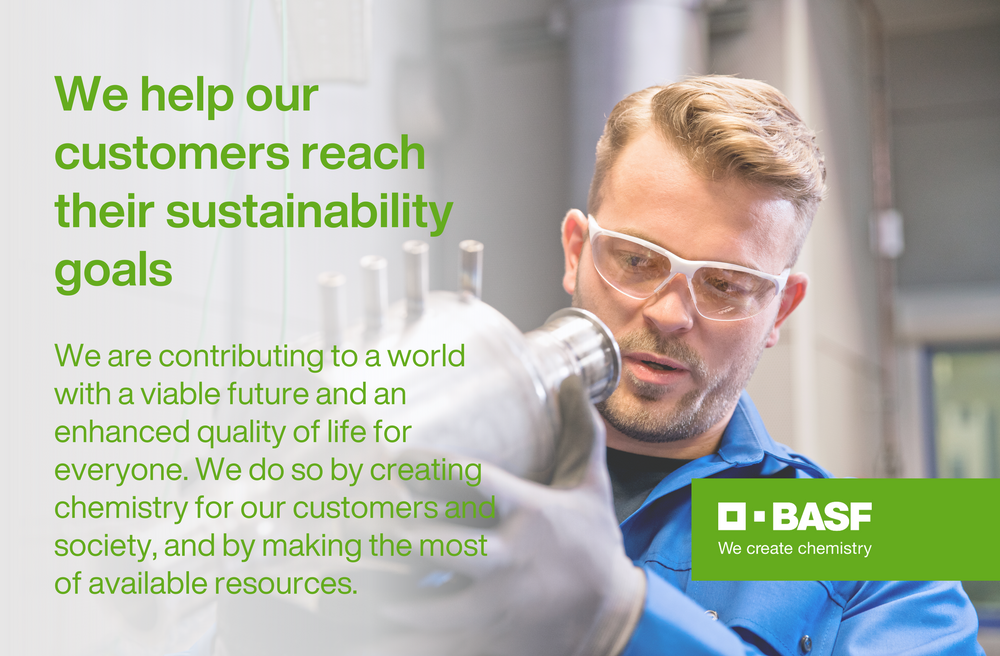16 September 2021

Energy prices skyrocket in Europe
Record highs in gas- and electricity prices are characterising the European transition to renewable energy. Germany, France, Spain, Sweden and the United Kingdom are experiencing record prices for this season, and recently Roberto Cingolani, the Italian Minister for Ecological Transition claimed that the electricity prices will increase by 40% in the third quarter. The intermittency of renewable energy sources during cold winters is adding to the price-volatility, but the EU stands firm on the need to expand renewable power. Frans Timmermans, the Executive Vice-President of the European Commission, accredits the spike to EU’s dependency on imported fossil fuels, and stresses the need to persist on accelerating the transition to green energy in order to stabilise prices. This spike is penetrating the political environment in EU member states, where the climate issue is increasingly relevant for voters (DN, Møre).
Lundin Energy sharpens climate goal target: Carbon neutral by 2023
Lundin Energy, Sweden’s biggest oil producer, plans to expedite its’ climate goals by two years, targeting to be carbon neutral by 2023. The investments, totalling 6,9 billion SEK (800 million dollars), are primarily put into renewable energy and reforestation projects according to Nick Walker, CEO of Lundin Energy. Historically, the oil company has invested in electrifying their offshore platforms on the Johan Sverdrup and Edvard Grieg oil fields as well as three renewable energy projects in wind- and hydroelectric power. Walker claims that their net electricity usage will be covered by finalising these renewable projects by year 2023 (Dagens Industri).
Climate strategy is developing at a good pace in Finland: Approval for climate neutrality by 2035
The Minister of Economic Affairs, Mika Lintilä expresses that the EU framework must support rather than hinder cost-efficient investments that reduce emissions, also claiming that the national climate- and energy strategy in Finland is progressing well. Last week the Prime Minister of Finland, Sanna Marins (Social Democrats) approved guidelines to reach the climate neutral target by 2035. It is projected that Finland can introduce a 60-70% share of renewable energy in the national fuel mix. This is to be reached by offshore wind projects and hydrogen for energy production (MSN, Yle).
Sweco: Sustainability competence is lacking
The technical consultancy company currently has over 1100 job advertisements on LinkedIn, of which 240 are in Sweden. Ann-Louise Lökholm Klasson, CEO of Sweco Sweden claims that the roles requiring most experience are the most difficult to fill, especially areas connected to the green transition. There is a lack of engineers that possess competence in fields such as hydrogen, water, environment, and climate adaptation, and Lökholm Klasson complains about the competence flow coming from universities, which is far below the required level. Currently, the organisation is working across their national branches to fill competence gaps, for instance in the hydrogen sector. Sweco Sweden is cooperating with their branches in Belgium and Finland (Dagens Industri).
Trine accelerates investments in green logistics: Partners up with Bisedge
Impact investment platform Trine is investing in green logistics. Their new partnership with Bisedge, a sales and distribution company in Africa revolves around transforming the logistics industry focusing on e-mobility and more specifically electric forklifts. Replacing diesel-powered vehicles with electric vehicles results in an annual reduction of up to 50,000 litres of diesel, which is equivalent to a reduction of 130 tonnes carbon dioxide per vehicle. A social sustainability aspect is also claimed to be fulfilled as the electric forklifts reduce on-site emissions and sound pollution as well as a target of having a gender equal workforce by training and recruiting women (Trine).
Enerpoly raises €410,000: Aim to make household battery storage affordable
After closing its pre-seed round of 410,000 Euro this summer, the company has €2.5 million in financing to provide affordable and sustainable battery energy storage solutions in households. “Sustainability-focused homeowners have been installing solar panels on their rooftops for decades, but the majority of the energy they produce is sold back to the utility and not used for their home’s energy needs,” said Eloisa de Castro, CEO of Enerpoly. Their cost-effective technology is built on already established alkaline battery chemistry, produced from partially reused materials and aims to ensure the reliability of intermittent energy source for households sourced from solar- and wind power (it-finans, Enerpoly).
About Nordic Green News
The Nordic countries are some of the most dynamic and successful economies in the world. They are also leaders in sustainability, from renewable energy, biofuels, carbon capture and storage and the hydrogen economy, circular economy business models and battery development, the Nordics are pioneers in policy design, technology development and consumer uptake. Mundus Nordic Green News is covering this transition for the international community. Every day we clip the stories of most relevance to international businesspeople and policy experts from the flow of news. Mundus Nordic Green Indices summarise the meta-data from our daily coverage to enable easy tracking of trends. We supplement these with our own opinion pieces and commentary.
